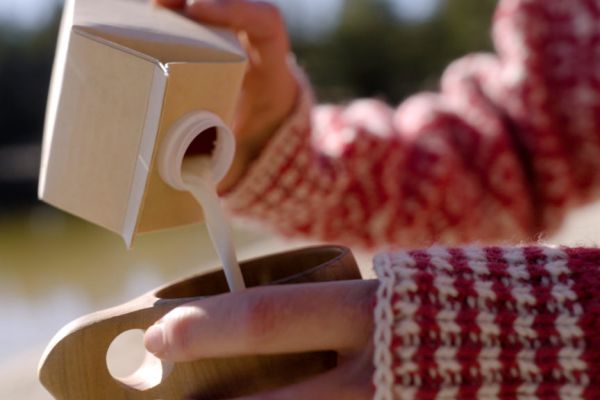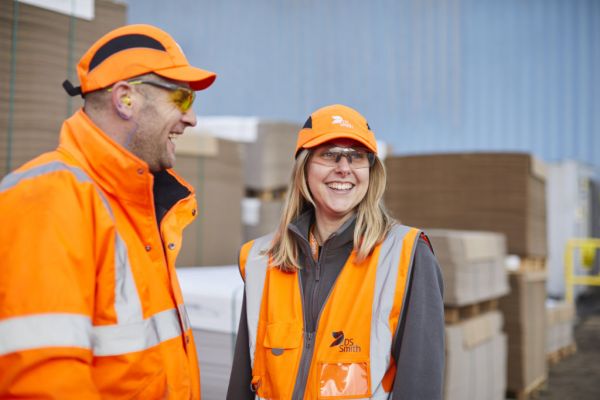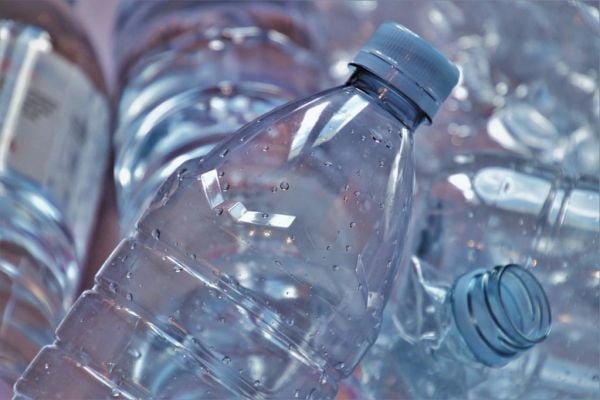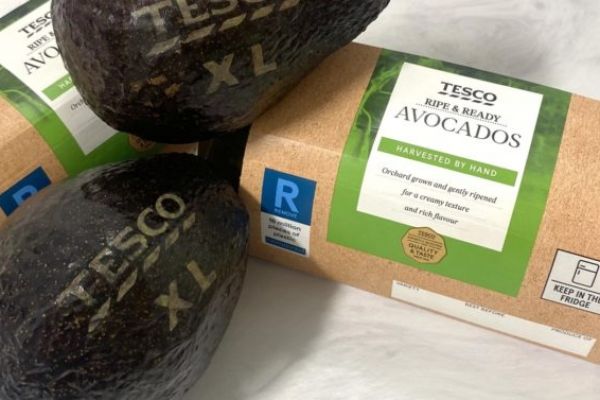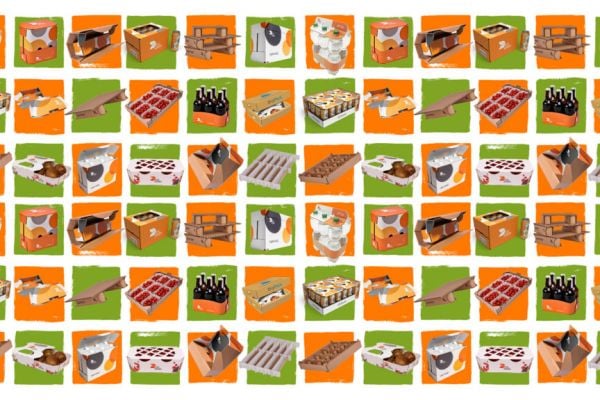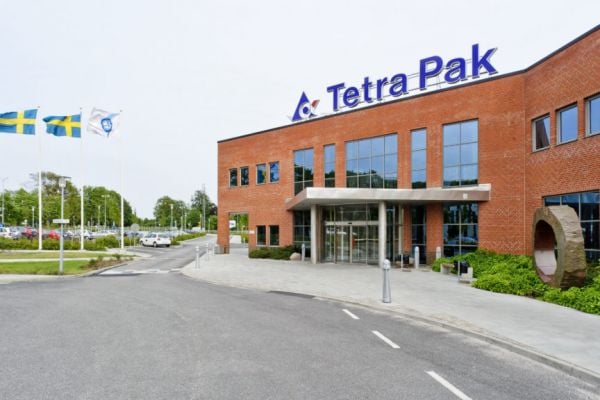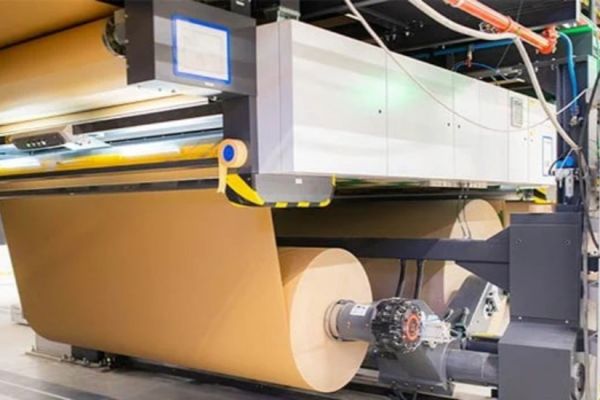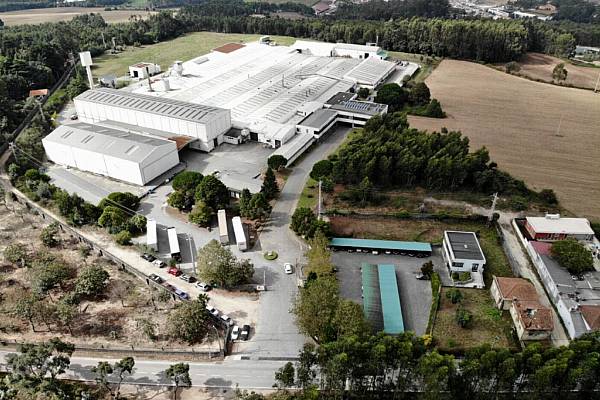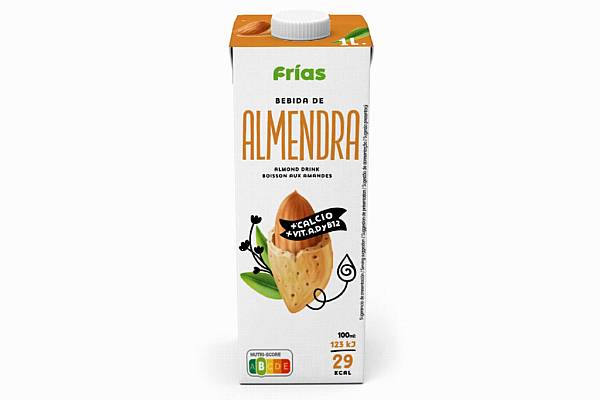UN climate negotiators should focus on reducing plastic consumption. Beverage cartons are one way to do this, says Thomas Körmendi.
By now, most of us are well aware of how bad plastic waste is for the planet. We’ve ditched the straws, started carrying our shopping in tote bags, and roll our eyes at bananas sweating in their polythene sacks.
The progress made by UN climate negotiators in Paris last month is welcome news therefore, with a binding agreement to end plastic pollution by 2040 set to be agreed next year. However there is still work to be done.
In 2022, 175 nations agreed to address the production, design, and disposal of plastic in order to end plastic pollution for good. Unfortunately, the UN Environment Programme (UNEP) has since adopted a more conservative approach towards ridding us of the plastic scourge.
The programme’s recent report, Turning off the Tap: How the world can end plastic pollution and create a circular economy, has been criticised by the advocacy group Plastic Free Future for not being ambitious enough, and advocating a strategy largely based on chemical recycling for plastic, which itself emits large amounts of toxic pollution and hazardous waste.
Given that globally, less than 9% of plastics currently reach recycling facilities, organisations including Greenpeace are calling on UNEP to focus more on capping and phasing down plastic production, rather than attempting to recycle our way out of the problem.
The Plastic Conundrum
The scale of the plastic problem is concerning. At the present rate, plastic waste is set to triple by 2060, with less than a fifth likely to be recycled. Microplastics can now be found all over the world: from the depths of the oceans to the tops of pristine glaciers; even in human breastmilk.
Furthermore, emissions from plastic are predicted to make up 19% of the global greenhouse gas volume that would be allowed under a 1.5ºC scenario for global warming.
Given the obvious need to drastically reduce plastic production, it is disappointing that UNEP’s report overlooks a transformative solution that can radically reduce the amount of plastic used for packaging a wide range of food and beverages. This solution is already used by thousands of companies around the world and has been on the market for over 100 years. That solution is cartons.
A Sustainable Alternative
Cartons already provide a natural and sustainable alternative to plastic bottles, with a range of applications across the food and beverage sector, as well as for household products like soaps and detergents.
In addition to being recyclable, cartons are largely made from paperboard, which can be renewably sourced from sustainably managed forests, and are lighter and easier to transport than reusable bottles.
Most importantly, multiple life cycle analysis (LCA) studies have shown that cartons have a much lower carbon footprint than plastic and even glass bottles. This includes independent research from the University of Southampton, which in 2020 showed that for fruit juices, cartons had the lowest environmental impact of all packaging options assessed.
Despite these attributes, UNEP’s ‘system change’ approach makes no specific provisions for cartons, despite admitting that 17% of plastic waste can be eliminated by more sustainable substitutes such as paper.
I would argue this is likely a conservative estimate, given that humans use more than a million plastic bottles per minute, and that UNEP is overlooking a ready-made solution to reducing the overall volume of plastic used in packaging.
Naturally Renewable
A holistic, life-cycle view of different packaging types clearly shows cartons are a low-carbon, naturally renewable alternative to plastic bottles for many products.
It is true that cartons currently contain a very small quantity of plastic in the form of screw caps and a thin barrier to protect the product inside. However, this is a marginal amount compared to the mountains of plastic now circulating through the packaging industry.
Given the relatively short timeframe envisaged by UNEP to eradicate plastic waste, the world desperately needs available solutions to reduce the amount of plastic entering our economy.
Switching out plastic bottles in favour of beverage cartons for liquid food, beverages and household goods would deliver significant and immediate cuts to plastic use and greenhouse gas emissions, as well as helping to promote and support the circular economy.
Businesses are already acutely aware of the sustainability benefits of cartons compared to plastic bottles. At Elopak, the company where I serve as CEO, we are receiving numerous requests from producers of juice, milk, and other beverages to repackage their products out of PET and HDPE plastic bottles and into our sustainably sourced cartons.
In recent years we have even expanded into the non-food sector, producing a line of refill packs for several brands of hand-soaps and laundry detergents.
A world in which all milk, juice, dish-soap, and fabric softener can be packaged in a low-carbon, renewable cartons is not only preferable, but entirely possible. The carton industry needs the support of bodies like UNEP to rise to this challenge and help transform the face of packaging for good.
Thomas Körmendi is the CEO of Elopak, a global producer of carton-based packaging.
